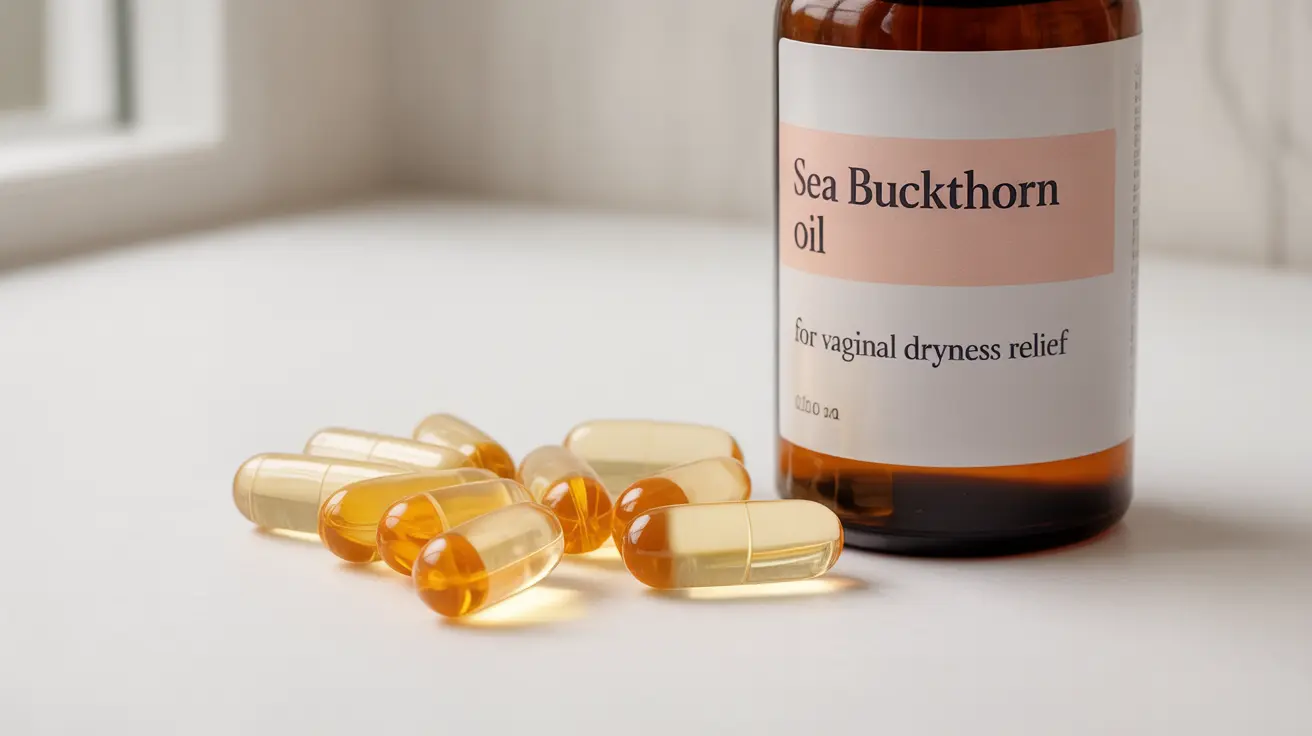Vaginal dryness is a common but often overlooked condition that can significantly impact a woman's quality of life, particularly during menopause. While many women experience this intimate health concern, there are numerous natural remedies and solutions available that can provide relief without relying solely on hormone therapy.
Understanding your options for managing vaginal dryness naturally is essential for making informed decisions about your intimate health. This comprehensive guide explores evidence-based natural treatments, supplements, and lifestyle changes that can help alleviate discomfort and improve vaginal health.
Understanding Vaginal Dryness and Its Causes
Vaginal dryness occurs when the tissues of the vagina don't maintain adequate moisture levels, often due to hormonal changes, medications, or certain health conditions. This can lead to discomfort, irritation, and pain during intimate activities.
Common causes include:
- Hormonal changes during menopause
- Certain medications
- Autoimmune conditions
- Chemotherapy treatments
- Postpartum hormone fluctuations
- Stress and anxiety
Essential Vitamins and Natural Supplements
Vitamin E for Vaginal Health
Vitamin E is a powerful antioxidant that can help improve vaginal moisture when used both internally and topically. This fat-soluble vitamin helps maintain tissue health and can reduce inflammation. When applied topically, vitamin E oil can provide immediate relief from dryness and discomfort.
Sea Buckthorn Oil Benefits
Sea buckthorn oil has emerged as a promising natural remedy for vaginal dryness. Rich in omega-7 fatty acids and antioxidants, this botanical oil can help improve vaginal tissue health and increase natural lubrication when taken as a supplement.
Effective Natural Moisturizers and Solutions
Several natural moisturizers can provide relief from vaginal dryness:
- Coconut oil
- Aloe vera gel
- Hyaluronic acid
- Natural vitamin E suppositories
- Evening primrose oil
Lifestyle Changes and Prevention
Managing vaginal dryness often requires a holistic approach that includes lifestyle modifications:
- Staying well-hydrated
- Avoiding harsh soaps and detergents
- Wearing breathable cotton underwear
- Managing stress levels
- Maintaining regular intimate activity
- Following a balanced diet rich in omega-3 fatty acids
When to Seek Medical Support
While natural remedies can be effective, certain situations warrant professional medical attention:
- Persistent symptoms despite natural interventions
- Unusual discharge or bleeding
- Severe pain or discomfort
- Signs of infection
- Symptoms that significantly impact quality of life
Frequently Asked Questions
What are the most effective natural remedies to relieve vaginal dryness during menopause?
The most effective natural remedies include vitamin E supplements and topical applications, sea buckthorn oil supplements, natural moisturizers like coconut oil, and maintaining proper hydration. A combination approach often yields the best results.
How does vitamin E help with vaginal dryness, and is it safe to use topically?
Vitamin E helps maintain tissue health and provides antioxidant protection. When used topically, it's generally safe and can help moisturize and soothe dry vaginal tissues. However, always use products specifically formulated for intimate use and consult with a healthcare provider before starting any new treatment.
Can sea buckthorn oil improve vaginal moisture and reduce symptoms of vaginal atrophy?
Yes, sea buckthorn oil has shown promising results in improving vaginal moisture and reducing atrophy symptoms. Its high omega-7 fatty acid content helps maintain mucosal tissue health and can increase natural lubrication when taken as a supplement.
What are nonhormonal options for treating vaginal dryness besides estrogen therapy?
Nonhormonal options include natural moisturizers, vitamin supplements, sea buckthorn oil, regular exercise, proper hydration, and avoiding irritating products. These alternatives can be effective for many women who prefer to avoid hormone therapy.
When should I see a doctor about persistent vaginal dryness and which supplements require medical supervision?
Consult a healthcare provider if symptoms persist beyond 2-3 weeks, if you experience unusual discharge, bleeding, or severe pain, or before starting any new supplement regimen. This is particularly important for supplements that might interact with existing medications or conditions.




